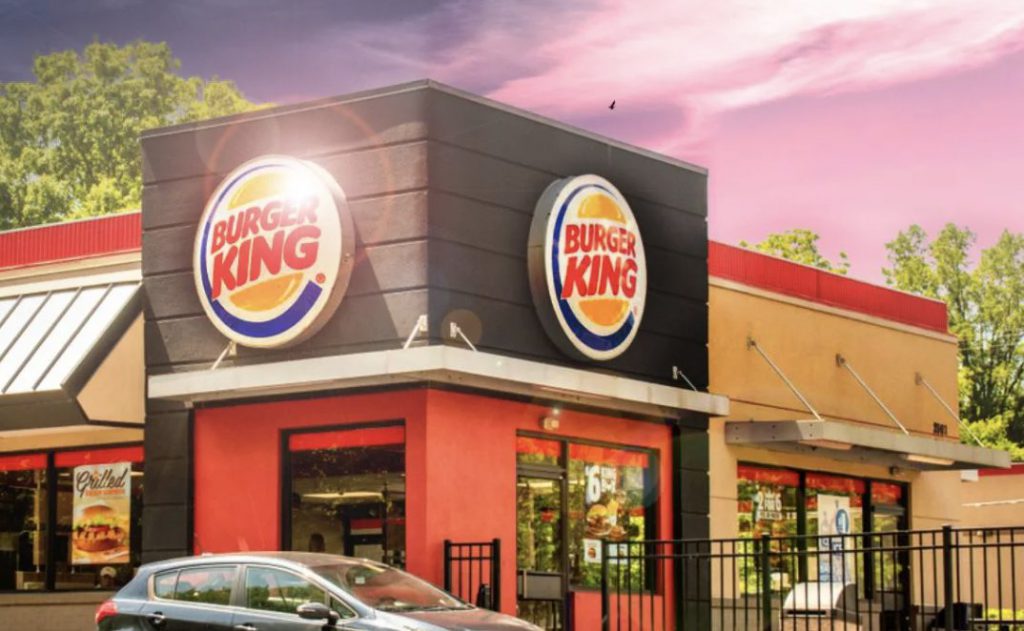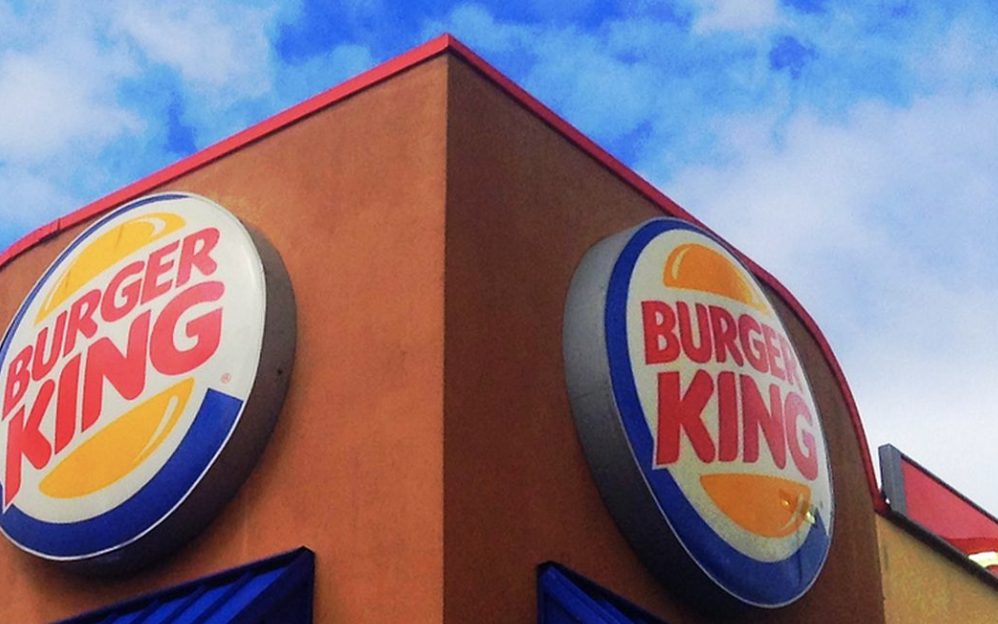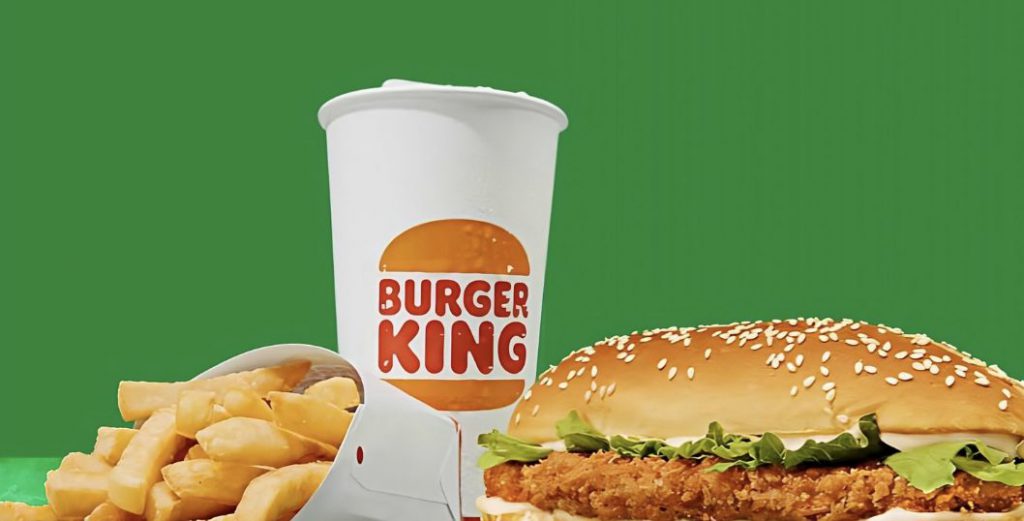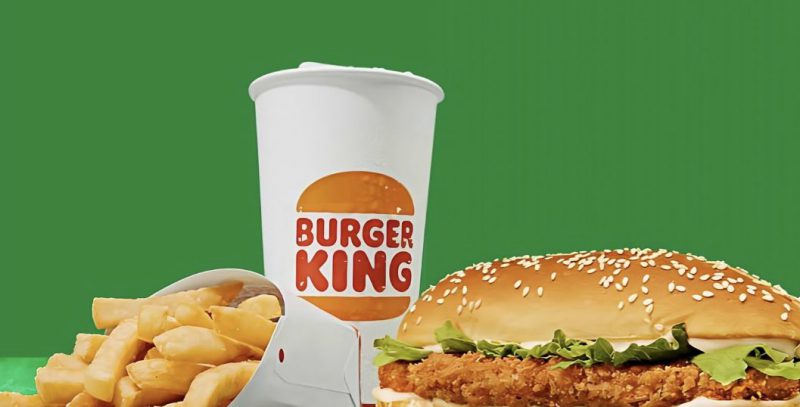Unveiling the Truth: Does Burger King Accept EBT?
The intersection of fast food and government assistance programs has sparked curiosity, especially around whether Burger King, the iconic fast-food chain, is part of the EBT (Electronic Benefit Transfer) landscape.
Let’s delve into this conundrum, untangling the nuances and deciphering the compatibility between Burger King and EBT transactions.
Also read: Does Taco Bell Accept EBT?


Bridging the Gap: Understanding the Role of EBT
Before we embark on the Burger King and EBT exploration, it’s essential to comprehend the primary role of EBT cards.
Traditionally EBT cards, issued under government programs like SNAP (Supplemental Nutrition Assistance Program), facilitate the purchase of essential food items.
Also read:
Navigating the Fast-Food Terrain: EBT and Burger King
1. The Conventional Landscape: EBT and Grocery Stores
EBT transactions are a familiar sight in grocery stores, aligning seamlessly with the core mission of providing nutritional support to those in need.
However, the terrain becomes more complex when we venture into the realm of fast-food chains like Burger King.
2. A Glance at Participating Restaurants: EBT in the Fast-Food World
While the common perception is that EBT transactions are reserved for grocery shopping, certain states and programs have introduced a Restaurant Meals Program (RMP).
\This initiative extends EBT benefits to specific restaurants, including fast-food chains, recognizing that access to prepared meals is crucial for individuals and families facing financial challenges.


Cracking the Burger King Code: EBT Compatibility
1. The Conventional Stance: EBT in Fast Food
As of the latest available information, Burger King, like many other traditional fast-food chains, does not participate in EBT transactions.
The primary focus of EBT programs remains on grocery stores, limiting the scope of fast-food involvement in the absence of specific state programs like the Restaurant Meals Program.
2. Regional Variations: EBT Policies Across States
It’s crucial to acknowledge that the landscape of EBT acceptance can vary based on state policies.
Some states might participate in initiatives that allow fast-food establishments to accept EBT transactions, while others adhere to a more traditional approach, limiting EBT use to grocery stores.
The Bigger Picture: EBT and Access to Prepared Meals
1. EBT’s Evolution: Recognizing the Need for Diversity
The evolution of EBT programs, including initiatives like the Restaurant Meals Program, reflects an acknowledgment of the diverse needs of individuals and families relying on government assistance.
While the conventional image of EBT might be tied to grocery shopping, these programs aim to enhance accessibility to prepared meals.


2. The Role of State Programs: Catalysts for Change
States that have embraced the Restaurant Meals Program recognize the importance of providing flexibility and dignity to those utilizing government assistance.
These programs bridge the gap between essential nutrition and the convenience of prepared meals, recognizing the challenges low-income households face.
The Verdict: Burger King and EBT – A Traditional Divide
In summary, the traditional stance holds that Burger King does not participate in EBT transactions.
The primary emphasis of EBT programs, including SNAP, remains on grocery stores, ensuring access to various essential food items.
For those curious about potential changes or regional variations, it’s advisable to check with local Burger King outlets and relevant state EBT program authorities for the latest information.
As the landscape of government assistance programs continues to evolve, so too may the possibilities for accessing prepared meals from fast-food establishments.
In pursuit of clarity, staying informed and engaging with local resources is essential.
While Burger King may not currently accept EBT transactions, the broader conversation around EBT’s role in providing diverse and dignified food access is an ongoing narrative that could see further developments in the future.





